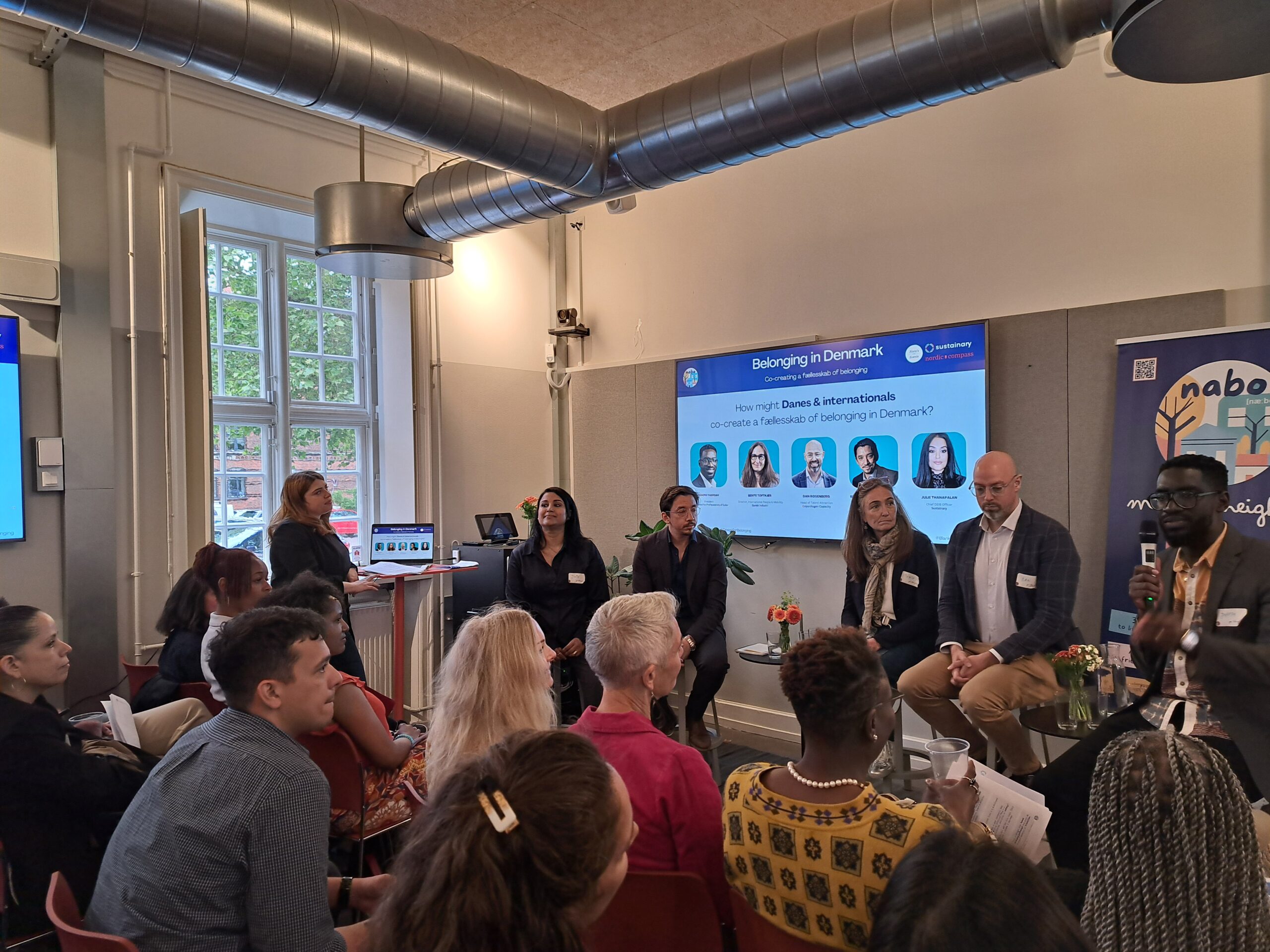You never know with citizenry proposals that gain the required 50,000 signatures to be discussed by the politicians.
Sometimes the government scoffs at them and other times they are briefly entertained before falling by the wayside.
But not this one, it seems.
A citizenry proposal relating to the police using genealogical research to solve serious crimes has spurred the government into action.
The Justice Ministry has asked the Rigspolitiet state police to look into the possibility of using genealogical research in murder and heinous crime investigations – and if possible to ensure that police begin using the technology as soon as possible in relevant cases.
“It’s very important that the police have the necessary tools to solve crimes like murder and rape,” said justice minister Mattias Tesfaye.
“Genealogical research can improve police investigation, but it also raises some significant legal questions that need to be addressed.”
READ ALSO: First foreign fighter convicted of treason
Helped snag the Golden State Killer
The ministry contends that employing genealogical research should require court order approval and the establishment of a state consent-based database where citizens in Denmark can voluntarily register their DNA.
The use of genealogical research in crime investigation involves the comparison analysis of an unidentified DNA profile with a search in the central DNA profile registry in a bid to find a match with someone in their family tree.
This can enhance the chances of criminals being caught, as well as help solve cold cases stretching back years.
The technique is already being used in the US where dozens of cold cases – some from crimes committed decades ago – have been solved.
Perhaps the most famous case is the one involving the Golden State Killer, Joseph DeAngelo, who was apprehended in 2018












